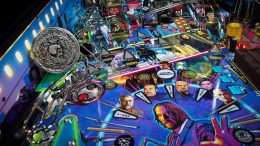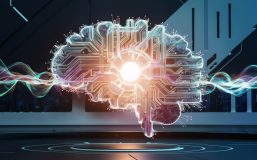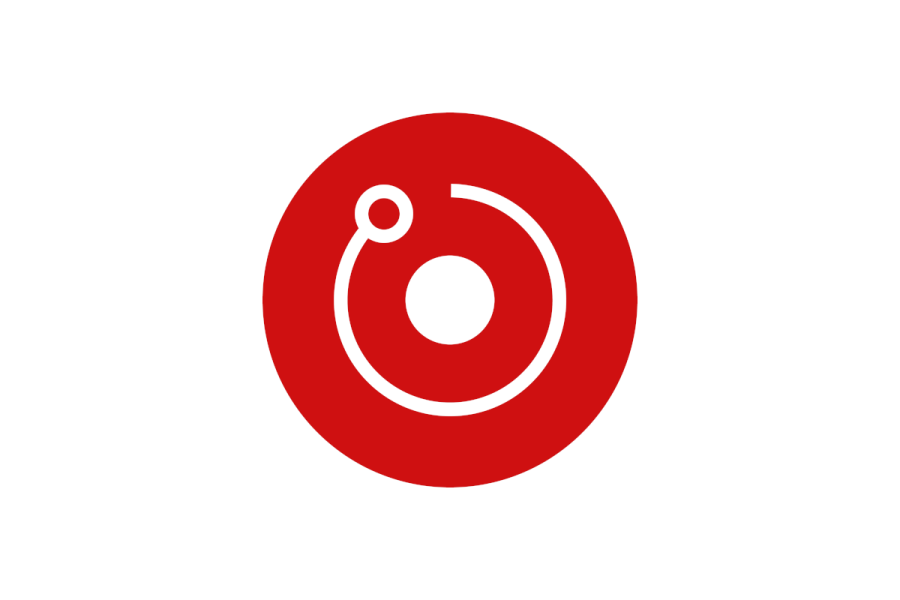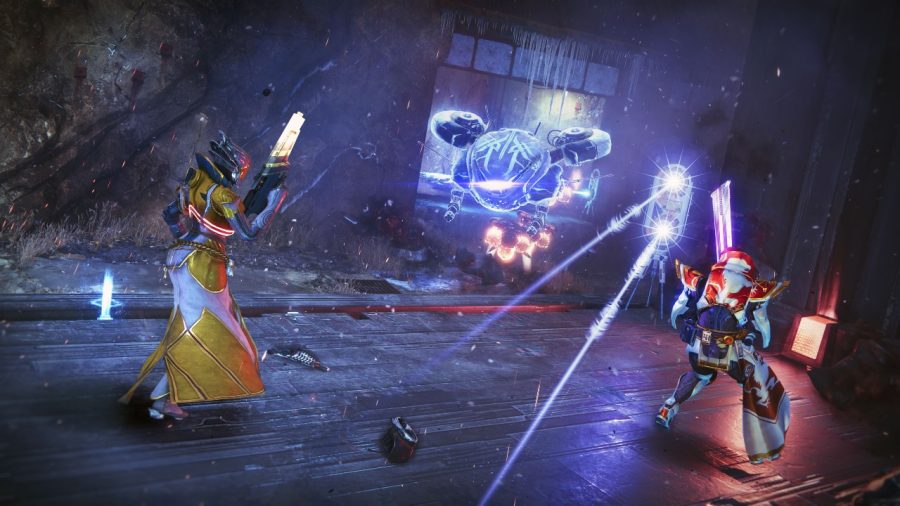Members of Microsoft’s quantum computing team, in collaboration with the U.S. Department of Energy’s Pacific Northwest National Laboratory (PNNL), have developed experimental batteries that dramatically reduce lithium use by 70%, replacing it with sodium. This innovation, tested using a simple wooden-cased digital clock purchased from Amazon, addresses major limitations of traditional lithium batteries, including their lifespan, capacity, temperature sensitivity, and safety concerns. Furthermore, this shift to sodium has the potential to alleviate the strain on the global battery supply chain.
This groundbreaking project, as reported by Fast Company, aimed to demonstrate the practicality of these batteries in a real-world scenario. Microsoft’s Azure Quantum Elements, an AI-enhanced platform for scientific discovery, was instrumental in the development of this new battery technology. Brian Bilodeau, the head of partnerships, strategy, and operations for Azure Quantum, emphasized the project’s goal to create a “wow moment,” particularly to impress Microsoft CEO Satya Nadella.
While these innovative batteries look like standard coin-sized CR2032 batteries on the outside, they represent a substantial advance in battery technology, marking a new direction in energy storage and management.
Microsoft’s foray into this venture is not just about creating a more efficient battery but also showcasing the capabilities of Azure Quantum Elements. Launched in June last year, this cloud service is currently undergoing a “private preview” phase, tested by entities like Britain’s Johnson Matthey for developing catalytic converters and hydrogen fuel cells.
Nathan Baker, Microsoft’s senior director of partnerships for chemistry and materials, views the battery research as a practical application of the company’s products. This approach, colloquially known as “eating your own dog food,” is about proving the effectiveness of a new product by using it internally first.
Bridging high-performance computing and physical experimentation
Microsoft’s collaboration with PNNL highlights a shift away from the traditional Edisonian approach to scientific discovery, characterized by lengthy trial-and-error processes. The rapid computational power offered by Azure Quantum Elements allows for a more streamlined and efficient exploration of materials. This capability is exemplified in the development of the new battery material, where a massive dataset of 32.6 million materials was narrowed down to a promising lithium-sodium compound.
However, despite the high-tech nature of this research, the physical aspect of material testing remains indispensable. PNNL’s materials scientists, like Shannon Lee and Dan Thien Nguyen, are integral to validating the new material through rigorous physical experiments.
It’s important to note that despite the involvement of Azure Quantum Elements, the project did not utilize quantum computing. The advancements achieved were based on high-performance computing and AI technologies. This distinction highlights the current state and potential future integration of quantum computing in such research endeavors.
The collaboration between Microsoft and PNNL is a testament to the evolving landscape of scientific research, where cloud-based high-performance computing is becoming an increasingly vital tool. The project, dubbed “Project Bottle Rocket,” has successfully demonstrated the potential of integrating computational and physical research methodologies to accelerate scientific discovery. As Nadella emphasizes, this is less about Microsoft’s singular achievement and more about democratizing powerful technology for broader use.









